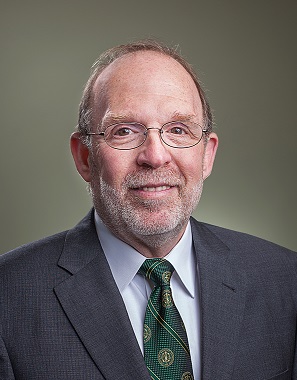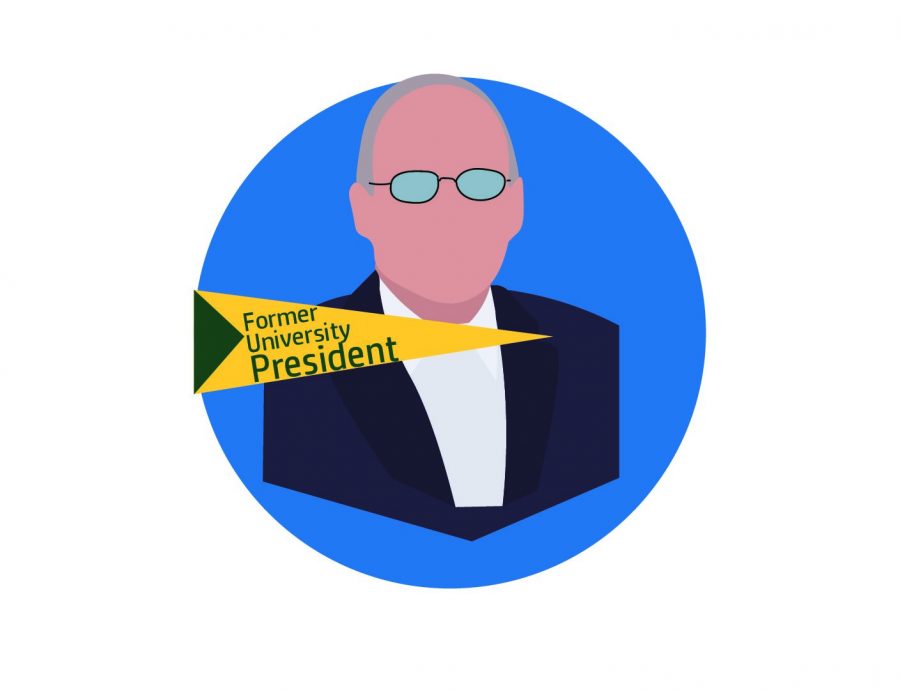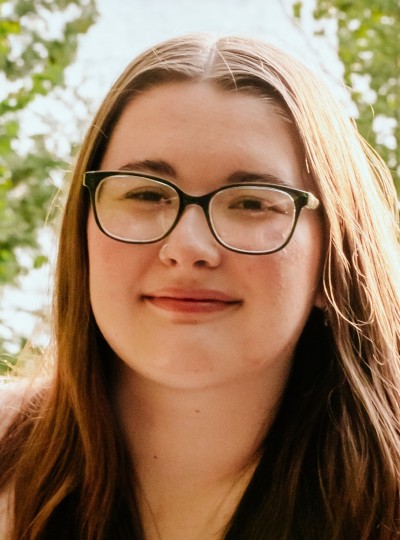Q&A with Dr. Fritz Erickson
October 7, 2021
Over a week ago, Dr. Fritz Erickson was terminated by the Board of Trustees from his position as president. Erickson was Northern Michigan University’s 15th president holding his position from 2014-2021.
During his term, Erickson helped launch Invent@NMU, The U.P.’s idea incubator student program. According to Erickson’s profile on the Office of the President webpage, Erickson saw an industry need for U.P. manufactures.
Erickson also participated in the NMU Alumni Relations event, Fireside with Fritz. The event was for alumni to send in questions to the then-president and stay updated with news on campus.
Before coming to NMU, Erickson was provost and vice president for academic affairs at Ferris State University. Erickson also held administrative positions at the University of Wisconsin-Green Bay, Eastern Washington University and Michigan Technological University.

NW: Who are you hoping to see as the next president for NMU (what kind of qualities are you hoping they will have)?
FE: Yeah, I certainly hope the Board and will expect the Board to go through a comprehensive search process. A national search to try and find someone that can really build on the successes that the university had and continue the real positive momentum of the universe.
NW: What advice can you give to the next president?
FE: I don’t think I’m in a position to give as much advice to presidents other than I guess I would say, you know, make sure that you stand by your principles, and that you keep your focus on what’s really best for the students, faculty and staff.
NW: Why was the faculty contract so hard to secure?
FE: The way the contract negotiations work is that the administration is provided with a set of parameters by the Board of Trustees. How the board, how that number if you will, gets negotiated out is an important part of the process. I just think it took a while for everyone to be able to get on the same page to know where the appropriate settlement point should be.
NW: How do you feel your presidency improved the life of NMU students?
FE: I’m feeling really positive about my tenure as president. I think we’ve made a significant transformation of the university. New innovative programs, created great fiscal stability for the institution and saw really innovative approaches to facilities. Just look at the campus today versus seven years ago, you can see the remarkable set of changes that have happened on campus.
NW: What are your plans for your sabbatical year?
FE: I’m going to start my second career at Northern, going back to the faculty. I’m in the process of beginning to do some comprehensive reviews of the literature, you know, when you get away from it for a little while, gets a little difficult to kind of keep up with the latest in the literature. So that’s what I’m really focusing on. And as soon as the university decides what I’m going to teach, then I’ll really be able to focus on that more and more, although I have a pretty decent idea of how this is going to go.
NW: How do you feel about coming back to campus next year to teach?
FE: Oh, I’m very excited about it. I think I’d always planned that whenever I was done being president I wanted to spend my last years before I retired, doing what I really like the most and that is teaching. So I am looking forward to being back in the classroom, looking forward to having more direct one-on-one connections with students, I think it will be a very exciting time for me.
NW: What do you feel were the positive points of your presidency?
FE: Well, I think several things. We really did turn the enrollment corner. Around the year before COVID, we were one of two universities in the state that had seen positive enrollment increases. While we were hit with, you know, a number of students deciding not to come back last year due to COVID, the fact that we’ve gone right back up in terms of the freshmen classes are really a positive thing. And I also think it’s very much an attitude. As I look back, I think there’s a real attitudinal shift that’s happened. And it is, with I think people have great pride in the university and still have great pride in the university, whether they are students, faculty, staff, community members, and thanks to relationships in the community, have been bolstered over my tenure. And so I’m feeling really good about where I’m leaving the institution for the next folks.
NW: What do you feel were the hardest parts of your presidency?
FE: Well, the most difficult thing, nothing came even close to the times that we lost, you know when we had a student pass away from an accident, drowning. We’ve lost nine students over the course of my tenure and that is still the most difficult part of it. I did think it was a challenge, trying to work with some folks who have very different views and beliefs of what higher ed should be and how that should work. But that’s part of them, I don’t know, part of the process. That that goes with it.
NW: Why did the board want to reduce the time of your contract?
FE: Yeah, you’ll have to ask them that. They came to me and said, ‘We’d like you to step down, we’d like to go in a different direction’. I’ve always believed that the Board should have, you know, really a free hand in deciding who they want to lead the institution. And, you know, it was becoming clear, there were certain things that they wanted me to do that I was really unwilling to do. And so they wanted to change and we just had to work through a process to make that happen. And I was prepared all along to go ahead and resign, but the one thing they wanted was they wanted me to not come back and teach, and that was a really hard thing for me to give up because, at my core, that’s who I really am. I’m a teaching faculty member. So you know, I have a bit I’m still a little befuddled by the whole thing, but none of that really matters. What really matters is for the university to move forward and continue to move forward in a really positive way. And so I am really committed to that, I don’t hold any grudges or ill will, you know, it’s just that sometimes you’ve come into a position where people have different ideas and different directions that they want to go. And that attains may be the very best thing that happens.
NW: Where do you see yourself next?
FE: I’m really excited about this, you know, the opportunity to focus on my discipline and disciplines. I have not been able to do that for a long time now so sort of, it’s really invigorating and re-energizing to think that I get to go back into the classroom. I see myself having my second long career here at Northern, now the first one, seven-plus years as president, now, who knows, maybe it’ll be longer as a teaching faculty member.

























